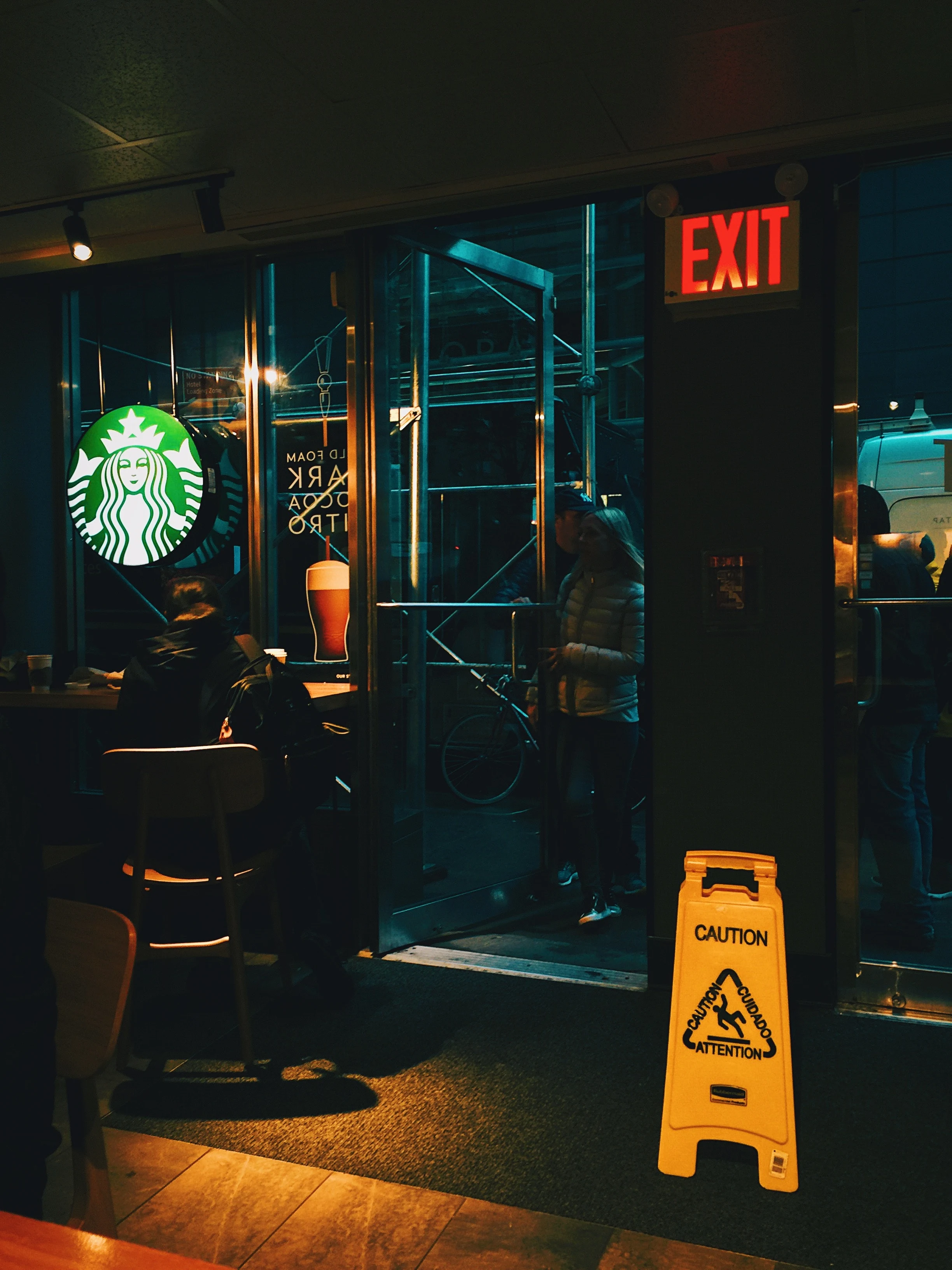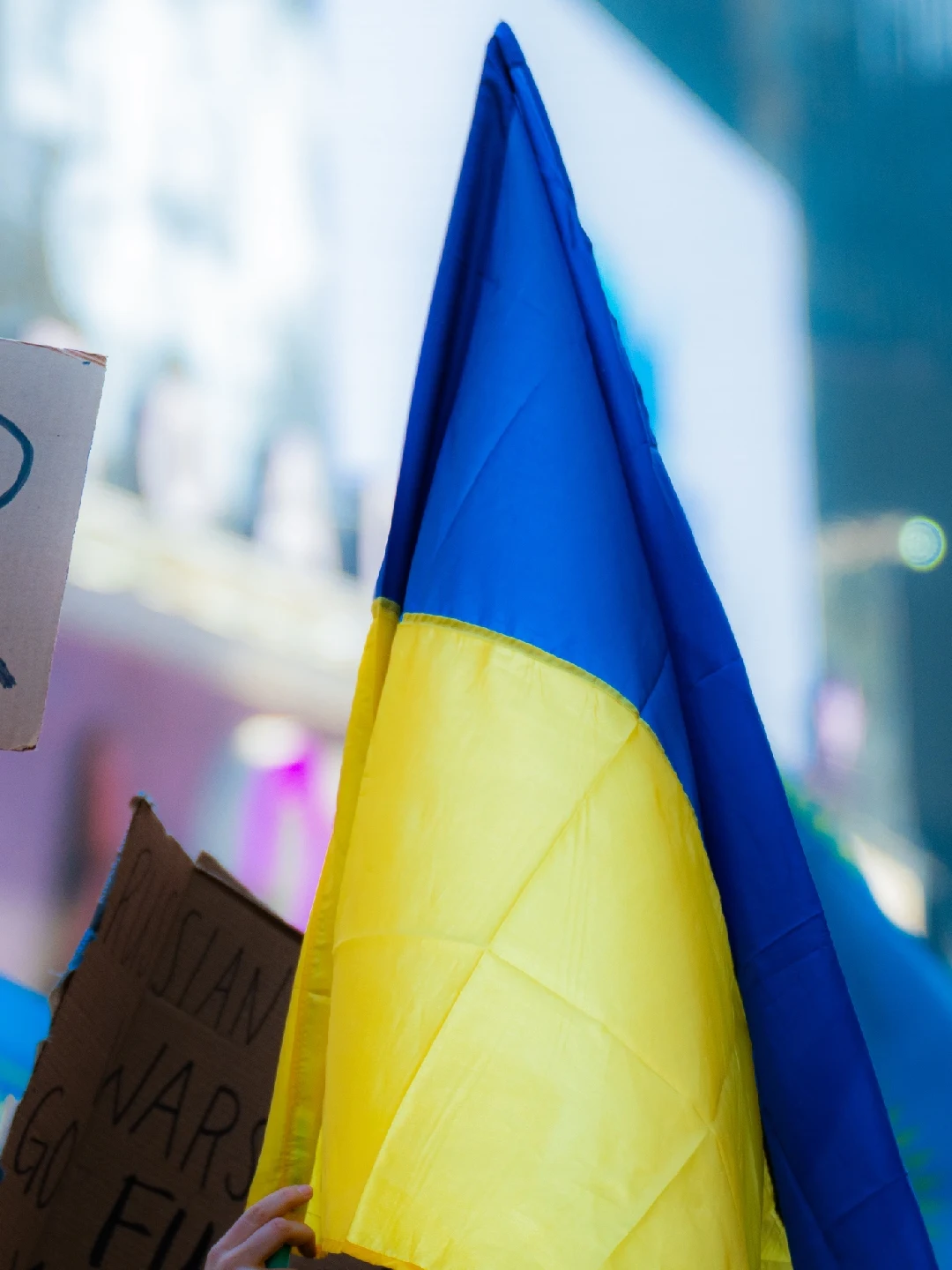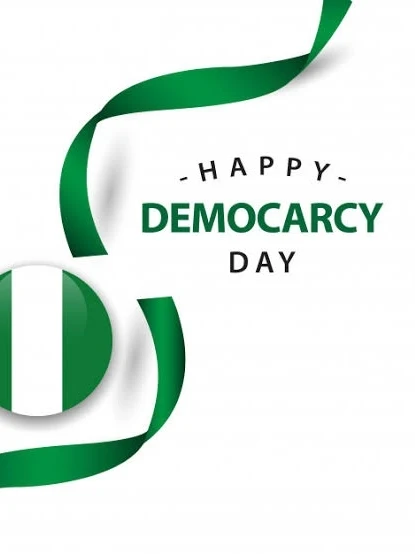One hundred days of war have put enormous strain on Ukraine's health-care system.
Ukraine's health system is under tremendous strain after 100 days of the war, and the World Health Organization (WHO) has strengthened its presence, both in Ukraine and in countries hosting displaced Ukrainians, to help meet the rising health demands.
"This war has gone on for 100 days too long, shattering lives and communities and endangering the short- and long-term health of the Ukrainian people," said WHO Director-General Dr Tedros Adhanom Ghebreyesus. "WHO is doing everything possible to assist Ukraine's Ministry of Health by delivering critical medical supplies and equipment." But the most important treatment Ukraine requires is one that WHO cannot provide: peace. We demand that the Russian Federation halt the conflict."
The war has raised the demand for health-care services while decreasing the system's ability to offer them, particularly in areas of active fighting. As of June 2, there had been 269 verified attacks on health, with at least 76 persons killed and 59 injured.
"Over 260 verified attacks on health care have occurred in Ukraine in the first 100 days of the war." These attacks are not justifiable, are never acceptable, and must be investigated. "No health professional should have to offer health care on a razor's edge, but that is exactly what nurses, doctors, ambulance drivers, and medical teams in Ukraine are doing," said Dr Hans Henri P. Kluge, WHO Regional Director for Europe.
"During two trips to Ukraine since the war began, I've had the opportunity to meet several health workers." We commend them for keeping crucial services and hope alive in the face of unspeakable pain and suffering."
Some health facilities have been damaged, while others have been overrun by individuals seeking treatment for war-related stress and injuries. WHO has built hubs near the conflict, such as Dnipro, to quickly reach the areas most in need.
"WHO is determined to being in Ukraine both now and in the future, addressing immediate health concerns and helping health-system rehabilitation." "As access and security improve, we are redeploying staff around the country," said Dr Jarno Habicht, WHO Representative in Ukraine. "Mental and physical health must be prioritized in Ukraine's recovery and reconstruction efforts."
To that end, WHO has issued an updated appeal for US$ 147.5 million to alleviate Ukraine's deteriorating humanitarian situation, offer immediate healthcare, and enable the health sector remain resilient in the long term. A total of US$ 80 million is necessary for in-country assistance, including as distributing medicines and providing crucial healthcare services, and another US$ 67.5 million is required to aid refugee-receiving and hosting nations such as Poland, the Czech Republic, Moldova, and Romania.
The war has resulted in a significant increase in psychological suffering and distress. Health care specialists across the country report that the most prevalent request currently is for assistance with sleeplessness, anxiety, bereavement, and psychological suffering. WHO is collaborating with the office of Ukraine's First Lady, Olena Zelenska, to create a national mental health program that is accessible to all.
WHO has increased staff and repurposed systems, notably its logistics system, in response to changing health demands in Ukraine. This has allowed for the delivery of over 543 metric tonnes of medical supplies and equipment to the country, which are being distributed mostly in the east, south, and northern oblasts where the need is highest. Trauma surgical supplies, ambulances, Ukrainian-made ventilators that can continue to work even when power fails, electric generators, and oxygen equipment, including the construction of oxygen plants, are among the items delivered.
Another critical requirement is training to cope with the aftereffects of conflict, such as trauma surgery, mass casualties, burns, and chemical exposure. WHO has taught around 1300 healthcare workers on these issues since February 24.
Along with this, WHO has been collaborating with the Ukraine Public Health Centre to improve disease surveillance and laboratory diagnoses, as well as with local governments to restore vaccination programs and key health services. WHO collaborates with over 40 Emergency Medical Teams to supplement the health system.
Photo by Derek French from Pexels: https://www.pexels.com/photo/people-protesting-on-the-street-11337755/
Post a Comment
In 1999, the military handed over authority to an elected civilian government, marking the beginning of Nigeria's longest continuous civilian rule since the country's independence from colonial rule in 1960. This day is known as Democracy Day. Beginning in the year 2000, this event has become an annual tradition.
The United States plans to accept 100,000 Ukrainian refugees.


The United States is ready to accept up to 100,000 Ukrainian refugees. Although the vast majority of those displaced will attempt to remain in Europe, a considerable number will be welcomed across the Atlantic.
With many Ukrainian-American families wishing to give a temporary home to their relatives, the United States is willing to employ a variety of Visa and asylum possibilities. Vulnerable groups, such as LGBTQI people, journalists, and political dissidents, will be prioritized.

Indications surfaced Friday night at the ruling All Progressives Congress (APC) National Convention that the party had reached a consensus on 77 of 78 principles.
Senator Abdullahi Adamu was backed by stakeholders, particularly state governors, for the role of National Chairman, according to a 'Unity List' obtained by our Correspondent, while Senator Iyiola Omisore was endorsed as National Secretary.
Senator Abubakar Kyari (Borno State) was endorsed as Deputy National Chairman, North; Chief Emma Eneukwu (Enugu State) was recommended as Deputy National Chairman, South; and Barr. Festus Fuanter (Plateau) was endorsed as Deputy National Secretary.
Muazu Rijau (Niger) was approved for North Central; Mustapha Salihu (Adamawa) for North East; Salihu Moh. Lukman (Kaduna) for North West; Dr Ijeoma Arodiogwu (Imo) for South-East; Chief Victor Giadom, Rivers, South-South; and David Isaac Kekemeke, Ondo, South West.
According to WHO, Europe is getting ahead of itself in terms of limitation loosening, particularly in view of the concerning new COVID strain, BA.2. The warning, however, does not appear to have deterred many countries from proceeding with their reopening.
Putin hosts concert to celebrate the annexation of Crimea


Russian President Vladimir Putin has continued his misinformation drive by holding a massive concert to celebrate the eighth anniversary of the annexation of Crimea. Crimea is currently being used as a major base for the Russian invasion of Ukraine.
As well as performers and speakers, Putin himself made an appearance, speaking of the "bravery and patriotism" of Russia's soldiers. According to Russia, more than 200,000 people attended the event. However, the stadium itself only holds 81,000, although there were large crowds outside.
Foreign reporters at the event spoke to many attendees who had been told they had to come, were forced, or were given incentives to show up. All state employees were made to attend. Many did not want to be seen on camera or speak to journalists for fear of governmental consequences. These accounts are not yet verified.
As well as performers and speakers, Putin himself made an appearance, speaking of the "bravery and patriotism" of Russia's soldiers. According to Russia, more than 200,000 people attended the event. However, the stadium itself only holds 81,000, although there were large crowds outside.
Foreign reporters at the event spoke to many attendees who had been told they had to come, were forced, or were given incentives to show up. All state employees were made to attend. Many did not want to be seen on camera or speak to journalists for fear of governmental consequences. These accounts are not yet verified.
Airlines worldwide are returning to normal.

As more airlines reinstate operational methods not seen since early 2020, the travel sector is slowly but steadily returning to pre-pandemic life.
Relaxed mask usage is coming. KLM, British Airways, and Virgin Atlantic are among the biggest names to do away with masks. So has Heathrow Airport. However, all airlines have indicated that they have dropped the requirement.

McDonald's, Starbucks, and Coca-Cola are the latest companies to leave Russia.
Public pressure appears to work sometimes, as several of the world's largest corporations have declared plans to discontinue operations in Russia after being pressured to do so.
McDonald's stated yesterday that it would close all of its roughly 800 stores in Russia, citing Russia's invasion of Ukraine as a reason.
"Every day, we serve millions of Russian consumers who rely on McDonald's," stated Chris Kempczinski, CEO of McDonald's. "At the same time, our morals dictate that we cannot turn a blind eye to the needless human suffering in Ukraine."
President Biden declared yesterday that his government will restrict all Russian oil and gas imports in an effort to strike harder on Russia's economy.
"Today, I am announcing that the United States will target Russia's primary economic artery. We are prohibiting all imports of Russian crude oil, natural gas, and energy "As Biden stated. "This implies that Russian oil will no longer be accepted at US ports, and the American people will inflict another devastating blow on Putin's war machine."
 |
| pexel hoto |
The Island of Enchantment is the most recent holiday destination to remove nearly all of its Covid restrictions.
Beginning Thursday, March 10, American visitors visiting Puerto Rico will no longer be required to show proof of vaccination or a negative test. International visitors are still subject to US immigration regulations.
Additionally, proof of vaccination or a negative covid test will no longer be required to access businesses in Puerto Rico. Both interior and outdoor enterprises will no longer be required to wear masks.
Subscribe to:
Posts (Atom)
No content on this site, regardless of date, should be used to replace direct medical advice from your doctor or another trained practitioner.



